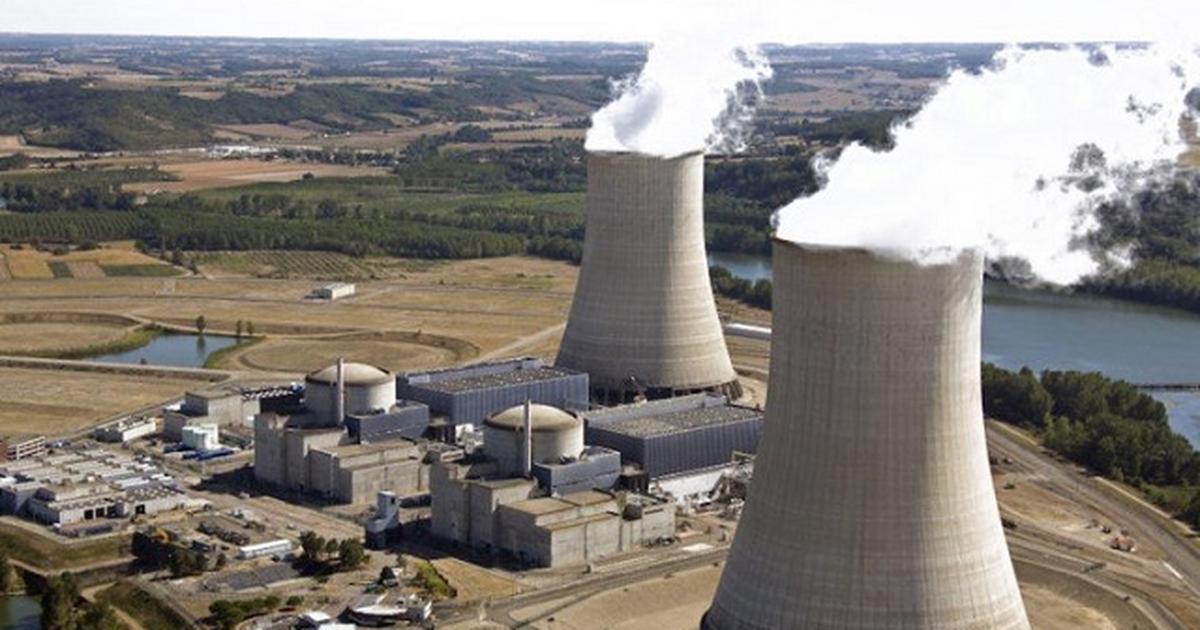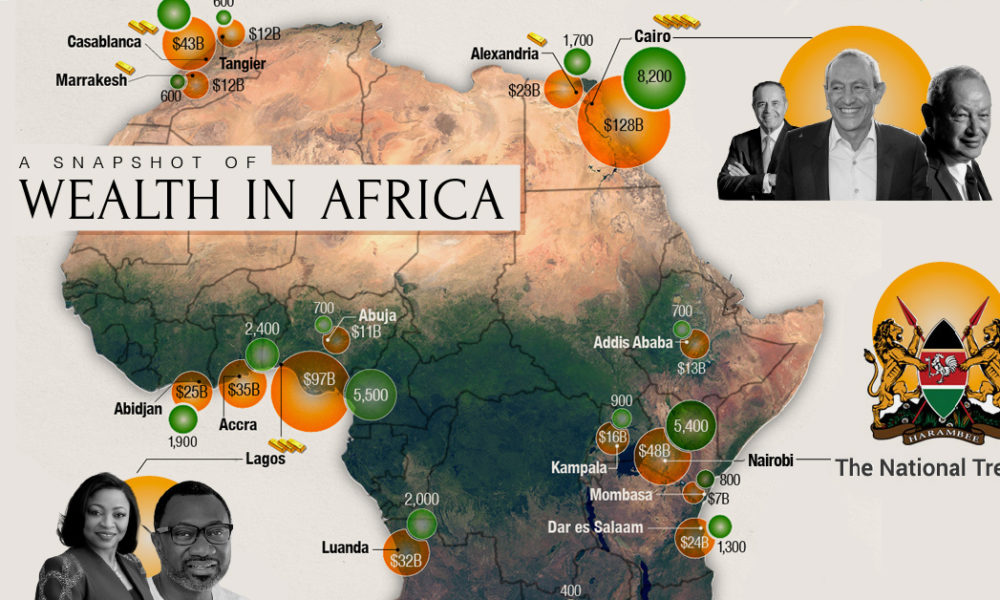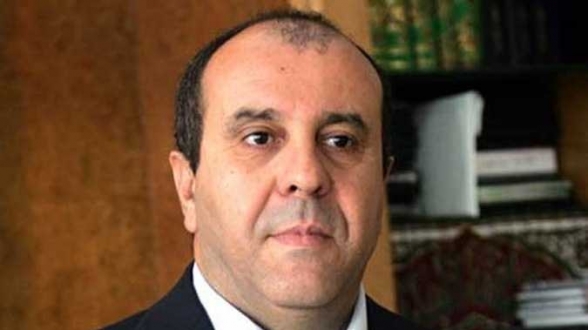South Africa’s government announced on Tuesday (12 December) plans to increase the country’s nuclear power production, with bids sought from the United States, Russia, France, China and South Korea, just as Korean nuclear energy companies are lining up to win business from different African countries in the face of stiff competition from its rivals.
To date, South Africa, economically crippled by a serious electricity crisis and repeated power cuts, has only one nuclear power plant, the only one on the continent, which is however only operating at half capacity. The government is now holding discussions with “several potential suppliers” for the acquisition of new production units, with a high-ranking official from the Ministry of Energy saying that he hoped to see the first conventional reactors or small modular reactors, which are less powerful but also less costly, in service by 2032-2033. As also a number of other governments consider the suitability of nuclear power for meeting their long-term energy needs, South Korean companies hope to be in the vanguard of reactor construction in the continent.
Korean Hydro & Nuclear Power (KHNP), a subsidiary of state-owned Korea Electric Power Corporation, for example, has come for a share of the continent’s emerging market, when it signed a memorandum of understanding with the Ugandan government earlier this year. According to Bum-Jin Chung, President of the Korea Nuclear Society, this represents a “solid signal” that the company is serious about advancing its plans in the East African country. Uganda’s prospective project to build two 1,000-megawatt (MW) reactors by around 2030 is the latest development in the continued demand from countries around the world seeking to fortify energy partnerships with Korea.
Korea’s strong track records in nuclear energy generation in the region has also been underpinned by a 20 trillion won deal that the United Arab Emirates signed with the Asian country in 2009 to build four APR1400 nuclear reactors reactors, two of which are operating, and the remaining two will begin commercial operation in the coming months. While African nuclear power ideas and agenda have so far been shaped and funded by global superpowers such as the US, China and Russia, South Korea with its tailored strategies to meet the growing energy demand — including its highly valued ability to build a nuclear power facility with a unit cost to generate 1 kilowatt standing about $3,570 far cheaper than its peers — is now making increasing inroads in the continent.



